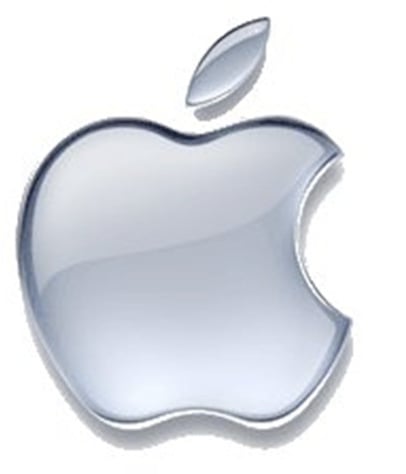

Coke or Pepsi? Rolling Stones or Beatles? Apple or Google? The latest personality-defining choice is between two companies that, a decade ago, were virtually irrelevant.
But today these companies – as different as bacon and ice cream – define the polar-opposite philosophies of tech-savvy consumers (i.e.: everyone under 30, and many older folks, too). Both are economic powerhouses: Apple is the second-most valued company on Earth, and Google isn’t far behind. Both have instant name recognition in popular culture. “Google” is a verb, and “Apple” means the computer and cellphone company, not the fruit.
Yet it’s hard to find a consumer who could fully identify with both companies, both cultures. Apple is like a fashion show, while Google is a science fair.
“Fashion show” doesn’t mean that Apple is all looks and no substance. But it is an elegant, carefully produced experience. Products are rigorously designed and tested (current iPhone notwithstanding), before strutting onto the runway. And any “accessories” (like apps) are scrutinized to ensure that they will work smoothly, seamlessly. You can’t “break” an iPhone, no matter what you install.
With Google, however, anything goes. Its one moneymaking product, the search engine, is in perpetual revision. And all its other products – from Gmail to Google Voice to the Android phone software – are eternal works in progress. Google doesn’t hold up a product until it’s killed all the bugs. It simply slaps on the “beta” moniker and promises that better versions will be coming soon. As at a science fair, Google’s experiments are sometimes surprising and spectacular: try Google Earth, for example. But other experiments fizzle out, or explode. Can anyone explain why Android phones have two email programs, or what the baffling, multimedia-messaging Google Wave was supposed to achieve?
Different consumers are drawn to each of these poles. Apple attracts the growing contingent that has had it with figuring out tech. They simply want a product that works. Apple’s music products are so intuitive and influential that “iPod” is the generic term for any portable music player — appropriate, since nearly all of them literally are iPods. And while it’s not the first “smartphone,” the iPhone is the first product to actually deserve that name. It’s technologically advanced, so that users don’t have to be.
Google is for tinkerers, hackers. Entire books describe arcane tricks and esoteric terminology to squeeze better results from a Web search. Google’s free calling service, Voice, is baffling at first but irresistibly convenient (and thrifty) once consumers get it configured. And Android phones, though destined to never be as reliable and elegant as the iPhone, will always be more powerful. Truly customizing an iPhone requires complex hacking tricks. Android phones are hacker-ready right out of the box. Don’t like the Web browser or email or calendar programs? Pick from several alternatives. Battery life too short? Install power-saving programs that kill or turn on apps based on the time of day or even location.
Beyond style, the two companies also have opposite revenue models: Google is free, ad-supported, Apple is a premium product. But consumers are happy with both models, simultaneously. The distinction is not surprising, however. Google is based on the Web — where everything, by definition, is free. (That’s what the early dot-commers taught us.) Apple sells shiny, hard objects. But in a world where consumers are always looking for a better bargain and a good-enough product, it’s fascinating that they will still pay top dollar for items that are top quality.
Despite their extreme differences and intense rivalries, both Apple and Google can learn from each other.
The recent demise of Google’s first hard, shiny product, the Nexus One smartphone, shows that a software company can’t just jump into the hardware business – especially if it has no experience in customer service. In selling real goods, Google still doesn’t “get it.”
But Apple doesn’t get many things that come naturally to Google. The MP3 download model, while a pillar of Apple’s success in the naughties, is getting outdated in the century’s tween years. Streaming is taking its place, as it’s cheaper, more social, and more spontaneous. So where’s Apple’s streaming service? (And why is iTunes grown into such a bloated, unintuitive app?) Why is the (for a long time buggy) Mobile-Me Web-synching service $100 per year when similar services, from Google and others, are free?
While Apple and Google define the current state of tech and may determine its future, neither company can do it alone. Each offers just some of the answers.
